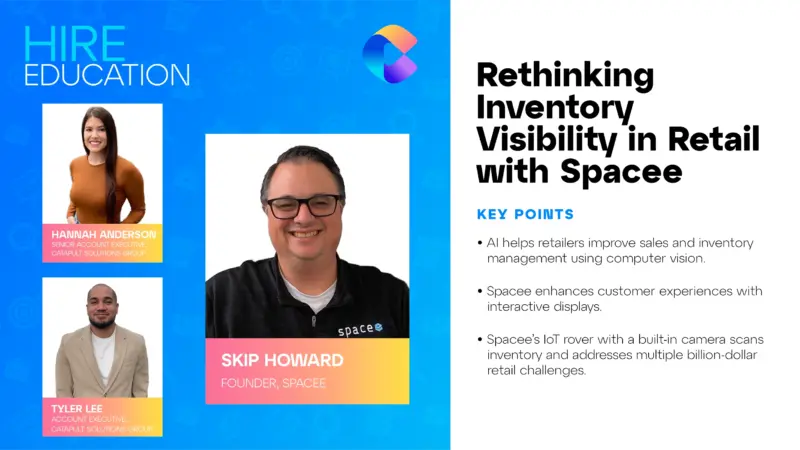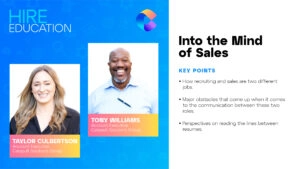Cybersecurity, What You Don’t Know Can Hurt You!
October is Cybersecurity Awareness Month, and in the age of e-commerce, it’s important for businesses to know how to keep their assets protected.
That’s why host Michelle Dawn Mooney spoke with Richard Negron, Chief Information Officer at Catapult Solutions Group and David Moon, Chief Executive Officer of Arx Nimbus, on all things cybersecurity and how even the things left unknown can be truly harmful.
“In many cases it’s not that they’re not prepared, it’s that they don’t know the degree of their unpreparedness. And in the cybersecurity profession we are still on a learning curve… we’ve got a long way to go,” Moon said.
Hackers never sleep. They are constantly looking for ways to get into a system, and to even trick overconfident businesses who assume it wouldn’t happen to them, Negron added.
One of the greatest amounts of risk exposure seen is with contextual spearfishing where hackers monitor corporate emails and servers.
“Now through analytics and artificial intelligence, a hacker can be more descriptive when they send phishing emails or texts. They’ll send something familiar to build a level of trust that gets you to respond. Because it only takes one account to be compromised and once a hacker is in, they’ll continue to do reconnaissance until they access the accounts that can do the most damage to a business,” Negron said.
As threats increase the software and armors to protect businesses also increases that can help in the battle against cybersecurity.
“One of the things that we do recommend is to go back to the basics, understand where you are today, look, and analyze those vulnerabilities. Then when you [the company] have and address them, focus on the training for both your employees and the end users, so they can understand it is a dual responsibility,” Negron emphasized.
“We encourage that level of analysis and then there needs to be a discussion internally on how much risk do they need to take on realistically and ask where we need to be on the risk level, how long are we willing to take to get there and what are we willing to spend. Having that understanding helps organizations time and again develop the will to really go after these issues and fund the proper fixes,” Moon concluded.









